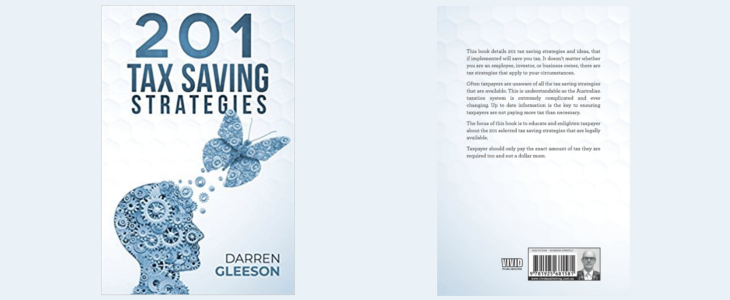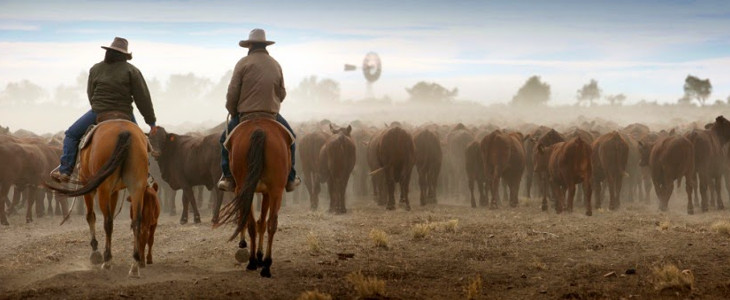This book details 201 tax saving strategies and ideas, that if implemented will save you tax. It doesn’t matter whether you are an employee, investor, or business owner, there are tax strategies that apply to your circumstances. Often taxpayers are unaware of all the tax saving strategies that are available. This is understandable as the…
Capital city: Sucre, La Paz Currency: Boliviano (BOB) Population: 11,410,651 Language: Spanish GDP: …
Objectives: Mathew is a self-employed livestock agent operating in Harvey, WA. Mathew’s twin objectives are to purchase a farm to breed cattle and save tax. Facts: Mathew’s livestock agency business produces $200,000 profit pa. 300,000 super balances (Mathew and Jane). Farm cost $600,000. Accountant’s Advice: Tax Strategy 68: Establish a Family…
Average weekly pay: $896 Employment size: 179,500 Future growth: Stable Skill level High School or Certificate I Cleaners clean houses, offices, hotels, hospitals,…
On 24th May 1607 the British Virginia Company landed their three ships near the mouth of the Chesapeake Bay area on the banks of the James River. There they founded the first permanent English colony in the New World. Now known as Jamestown, Virginia, this was the start of the British colonisation of the…
Capital city: Belmopan Currency: Belize dollar (BZD) Population: 387,528 Language: English GDP: …
This strategy involves purchasing a loss-making business and taking ownership of the company structure (to access the accumulated tax losses). Clearly this is only going to make economic sense if the purchaser can restructure and improve the business to turn the current operating losses into ongoing profits. This strategy can be attractive for the following…
Average weekly pay: $800 Employment size: 98,100 Future growth: Very strong Skill level High school or Certificate…
The Stamp Act of 1712 imposed a stamp tax on United Kingdom publishers. The tax was levied on all publishing including newspapers, pamphlets, legal documents, commercial bills, advertisements, and other papers. The tax was initially assessed at one penny per whole newspaper sheet, a halfpenny for a half sheet, and one shilling per advertisement.…
Capital city: Manama Currency: Bahraini Dina (BHD) Population: 1,425,171 Language: Arabic GDP: …
"You’d be stupid not to try to cut your tax bill and those that don’t are stupid in business"
- Bono: U2










